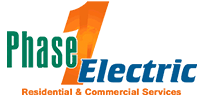|
If you're a business owner or manager in Indiana, you know that reliable electrical service is essential to keeping your operations running smoothly. Whether you require repairs, installations, or maintenance, finding the right commercial electrical service provider is essential. In this article, we'll explore the key factors to consider when searching for commercial electrical services in Indiana, and how to choose the best commercial electricians to ensure the safety and efficiency of your workplace. Electrical Contractor Near Me: Finding the Right PartnerWhen it comes to commercial electrical services, it's all about location, location, location. You want an electrical contractor near you in Indiana who can quickly respond to your needs and provide top-notch services. So, how do you find the best "electrical contractor near me" or "commercial electricians in Indiana"? Here are some essential tips to get you started. 1. Expertise Matters: Specialized Commercial Electricians
2. Licensing and Insurance: Protecting Your Investment
3. Effective Communication and TeamworkCommercial electrical projects often involve multiple professionals working together to achieve a common goal. Effective communication and teamwork are key to a successful project. During the interview process, assess your potential electrical contractor's communication and teamwork skills to ensure they can work harmoniously with other building professionals. This ensures you get the outcome you desire for your business. 4. Resourcefulness: Dealing with Unique ChallengesThe challenges in a commercial setting can be quite different from residential ones. The workplace is dynamic and constantly changing, and commercial electricians must be resourceful to handle any sudden issues that may arise. Look for traits such as tenacity, creativity, versatility, resourcefulness, and ingenuity when considering expertise for the best electricians. These qualities will contribute to the success of your workplace electrical project. Commercial Electrical Services: Why They MatterCommercial electrical services encompass a wide range of tasks, from installations to maintenance and repairs. When seeking commercial electric services, you should consider the specific needs of your business. Here are some key areas where commercial electric services can make a significant difference. Electrical Installations When setting up a new business location or expanding your current one, you'll need a commercial electrical installation. This may include wiring, lighting, outlets, and more. Commercial electricians are well-equipped to handle the complex electrical systems required for commercial spaces. Electrical Repairs and Maintenance As a business owner, unexpected electrical issues can disrupt your operations. Commercial electricians are trained to identify and fix problems efficiently. Regular maintenance also helps prevent potential electrical failures that could be costly for your business. Energy-Efficient Solutions Commercial electricians can recommend and install energy-efficient lighting solutions, helping you reduce utility bills and increase productivity. They can also suggest the right lighting for your workspace, ensuring that your employees work in a well-lit and safe environment. Choosing the Right Commercial Electrical Services in IndianaWhen it comes to getting the best commercial electrical services in Indiana, there's no room for compromise. The expertise of your chosen electrician, their licensing and insurance, communication skills, and resourcefulness all play a vital role in ensuring the safety, reliability, and efficiency of your business operations.
Whether you need commercial EV car charger installation, electrical repairs, maintenance, or energy-efficient solutions, finding a qualified commercial electrician is the key to your success. So, remember to ask the right questions, do your due diligence, and choose a professional who truly understands the unique requirements of commercial electrical work. With the right commercial electrical service partner, you can keep your business running smoothly, and your workplace will be a safe and productive environment for your employees and customers. If you're a homeowner, you understand the significance of your electrical panel – it's like the brain of your home's electrical system. However, like any other component, electrical panels can malfunction or become outdated, necessitating a repair or replacement. When it's time to upgrade your electrical panel, you might wonder if your homeowners insurance will come to the rescue. In this article, we'll shed light on whether homeowners insurance covers electrical panel replacement and delve into the cost and other considerations involved in this process. Understanding Electrical Panel Replacement
1. When Homeowners Insurance Covers Electrical Panel ReplacementYour standard homeowner's insurance typically covers electrical panel replacement if the damage results from unforeseen perils like fires, tornadoes, hailstorms, and other natural disasters. These unexpected events are beyond your control and can cause substantial damage to your home's electrical system. Here's a list of sudden hazards that are typically covered under your homeowner's insurance policy:
In some instances, even flood damage to your electrical panel may be covered if you have a separate flood insurance policy. However, it's essential to check your specific policy and contact your insurance company to understand eligibility and coverage limits for these situations. But, there's a catch – your homeowner's insurance policy won't cover damages to your electrical panel if you've neglected its regular maintenance. Like any other part of your home, your electrical panel needs periodic check-ups and care. Most electrical panels have a lifespan of 25 to 40 years. If your panel malfunctions due to lack of maintenance or simply old age, your insurance won't foot the bill for a replacement. 2. When Homeowners Insurance Doesn't Cover Electrical PanelThere are instances where your electrical panel replacement won't be covered by your homeowner's insurance. These include predictable events, such as living in areas prone to flooding or earthquakes, and poor maintenance of your electrical panels. One critical factor to consider is the condition of your home's electrical wiring. If the damage to your electrical panel is a result of faulty wiring or poor installation, you're unlikely to get coverage from your insurance. Homeowners with older homes might face significant challenges in obtaining coverage. Many older homes are equipped with outdated electrical systems, such as knob-and-tube or aluminum wiring, which are considered fire hazards and pose increased risks. 3. Types of Electrical Panels That Insurance Won't CoverOver the years, insurance companies have identified electrical panels that are prone to malfunction and pose increased fire risks. Such panels are generally considered uninsurable, and insurers often require homeowners to replace them before issuing an insurance policy. If your home was built between 1950 and 1990, there's a possibility that your circuit breaker panel is identified as a fire hazard and won't be covered by your insurance policy. Here are some common electrical panel manufacturers that insurance may not cover:
If there's no record of when your home's electrical system was last updated, it's a good idea to contact electrical installation services to evaluate the age and condition of your electrical panel. Another way to assess the condition of your electrical panel is by scheduling a home inspection. Home inspections cover various aspects of your home, including its electrical systems. 4. Ensuring You're Covered: Electrical Panels and InsuranceEven if you have a relatively new electrical panel and wiring, electrical fires can still pose a threat. Insurance companies want to ensure that homeowners are taking steps to minimize risks. Electrical panels should typically be replaced every 25 to 40 years, and if your panel is significantly older, your insurance company may not cover claims related to electrical fires. Your insurance company may also deny coverage if your electrical systems are outdated or not up to code. To ensure you're covered, it's important to maintain your electrical panel and wiring properly. Cost to Replace Electrical PanelNow that you understand the importance of maintaining your electrical panel and how insurance coverage works, you might be wondering about the cost of replacing the electrical panel. The cost to replace an electrical panel can vary depending on various factors, including the size of your home, the complexity of the electrical system, and the local labor and material costs. On average, you can expect to pay anywhere from $1,000 to $3,000 for a standard electrical panel replacement. If your home needs electrical panel repairs, or has an outdated electrical panel that needs to be replaced, it's an investment in the safety and efficiency of your electrical system. While the cost to replace an electrical panel may seem like an upfront expense, it can help prevent more significant problems down the road. ConclusionHomeowner's insurance can cover electrical panel replacement, but it's not a guarantee. Your coverage depends on various factors, including the cause of the damage, the age of your electrical panel, and its maintenance. Regular inspections and proper maintenance are essential to ensure your insurance coverage remains intact.
While insurance provides a safety net, it's equally important to take preventive measures to protect your home from electrical issues. Following the maintenance tips such as conducting regular inspections and using surge protectors, can help minimize the risk of electrical problems. Finally, if you're considering replacing the electrical panel, be prepared for the cost, which can vary depending on your specific situation. It's an investment in the safety and functionality of your home's electrical system, and it's well worth it in the long run. So, take good care of your electrical panel, and in the event of unexpected issues, you'll have peace of mind knowing that you're protected. Are you ready to make your home shine like a beacon of holiday cheer this Christmas season? Roof Christmas light installation is a fantastic way to spread the festive spirit. In this comprehensive guide, we'll provide you with eight expert tips for a hassle-free and roof-friendly Christmas light installation. Whether you're looking for advice on Christmas light installation or need to hire professional Christmas light installers, we've got you covered. Let's dive in. 1. Hiring Professional Christmas Light InstallersWhen it comes to roof Christmas light installation Indiana, having expert Christmas light installers can make all the difference. Here's why you should consider them: If you're not confident about tackling Christmas light installation on your roof, professional Christmas light installers can be a lifesaver. Because they have the experience and the right tools to ensure a safe and dazzling display. Professional installers use techniques that minimize damage to your roof. And they can efficiently take care of the entire process, from planning to installation. This means you can sit back and enjoy the festive season without the stress of DIY installation. But if you're determined to go the DIY route, the following tips will help you do it right and keep your roof intact. 2. Protecting Your Roof During Christmas Light InstallationOne of the primary concerns during Christmas light installation is potential damage on your roof. Here's how you can install them without harming your roof: 3. Don't Put Holes in Your RoofThe last thing you want is to damage your roof with holes. So, avoid stapling or nailing through your shingles. These holes can become points of water intrusion and result in rotten roof decking. 4. Plastic Clips are Your FriendOpt for plastic clips that can be attached to your gutters, shingles, or eaves. These clips are designed to secure your lights without causing damage. Also, choose the right type of clip for your roof and lights, and try to avoid attaching lights directly to your shingles. 5. Be Careful Walking on Your RoofMinimize the time you spend walking on your roof to increase its lifespan. When you need to walk on it, do so gently and with soft shoes, ideally in the cooler parts of the day to prevent damage. Additionally, if you have a tile roof, step on the peaks, not between the tiles in the valleys. 6. Choose the Right Christmas Light Roof ClipsUnderstanding the types of Christmas Lights on Roof clips is essential for a damage-free Christmas light installation. Here are some options:
Avoid clips that tuck under shingles, as they can lift your shingles, and deck clips, which are not suitable for roofs. 7. Recognizing Special CasesWhat if you have a stucco home with a flat roof and no eaves? In such scenarios, you can use Parrot Clips or similar solutions. These clips go over the stucco wall and provide small holes for placing Christmas lights, ensuring your home can join in the festive spirit without causing damage to your exterior. 8. Choose Your Christmas Light Installation Style
ConclusionEnsuring a beautiful Christmas light display on your roof without damaging it is entirely possible with the right approach. Hiring professional Christmas light installers is a convenient option. But if you choose to do it yourself, following these expert tips will help you achieve a safe and stunning result.
By avoiding holes in your roof, using plastic clips, and being careful while walking on your roof, you can protect your investment and enjoy a worry-free holiday season. Additionally, selecting the appropriate Christmas light roof clips will ensure your lights are securely and safely attached to your roof. So, this holiday season, don't let the fear of roof damage deter you from creating a festive masterpiece. Whether you opt for professional help or decide to take on the challenge yourself, these tips will help you achieve the perfect roof Christmas light installation. Happy decorating! |
Archives
July 2024
Categories
All
|
|
7632 Nestucca Trail, Noblesville, IN 46062, United States
Click-To-Call: (463) 217 3568 Email: [email protected] |
Hours of Operation
Mon: 8:00 AM to 6:00 PM
Tue: 8:00 AM to 6:00 PM Wed: 8:00 AM to 6:00 PM Thu: 8:00 AM to 6:00 PM Fri: 8:00 AM to 6:00 PM After Hours and Sat & Sun: Emergency Calls Only |
Find Us On Social Media
|
© 2020 | All Rights Reserved. | Phase 1 Electric
Privacy | Disclaimer | Terms of Service | Cookies Policy
Privacy | Disclaimer | Terms of Service | Cookies Policy
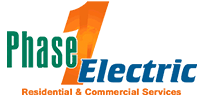
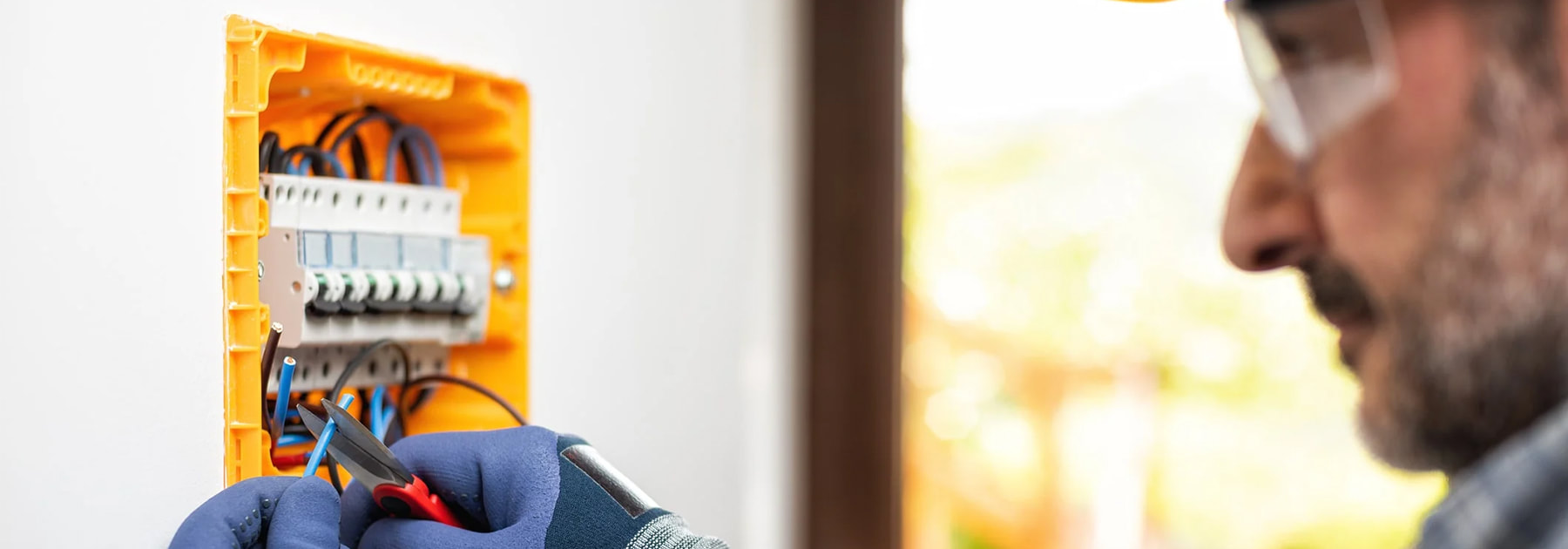
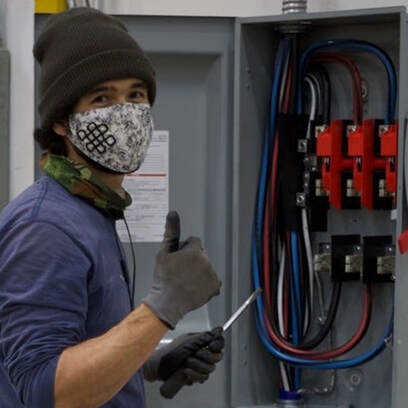
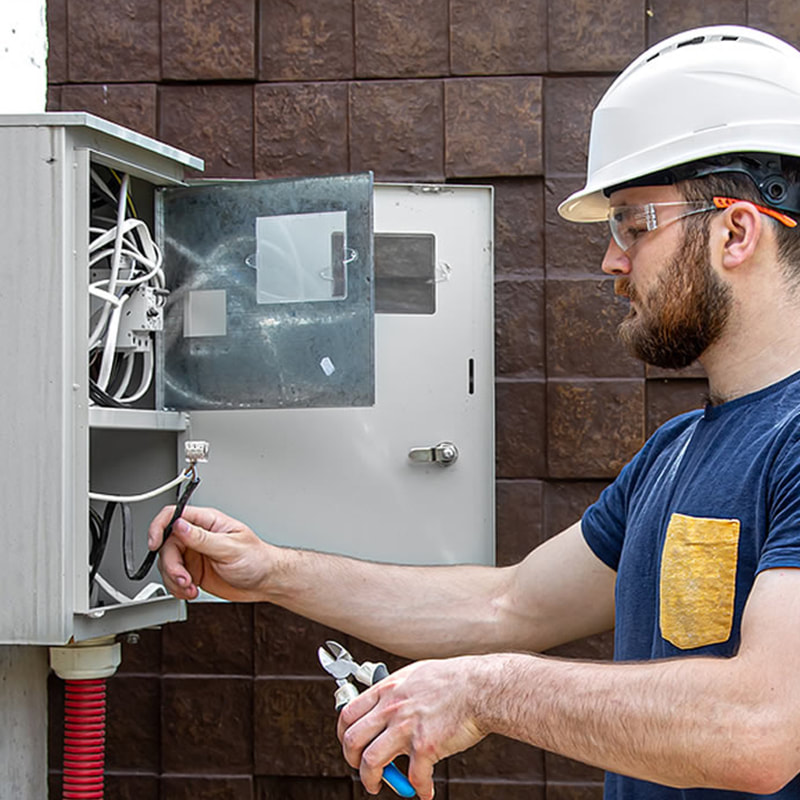
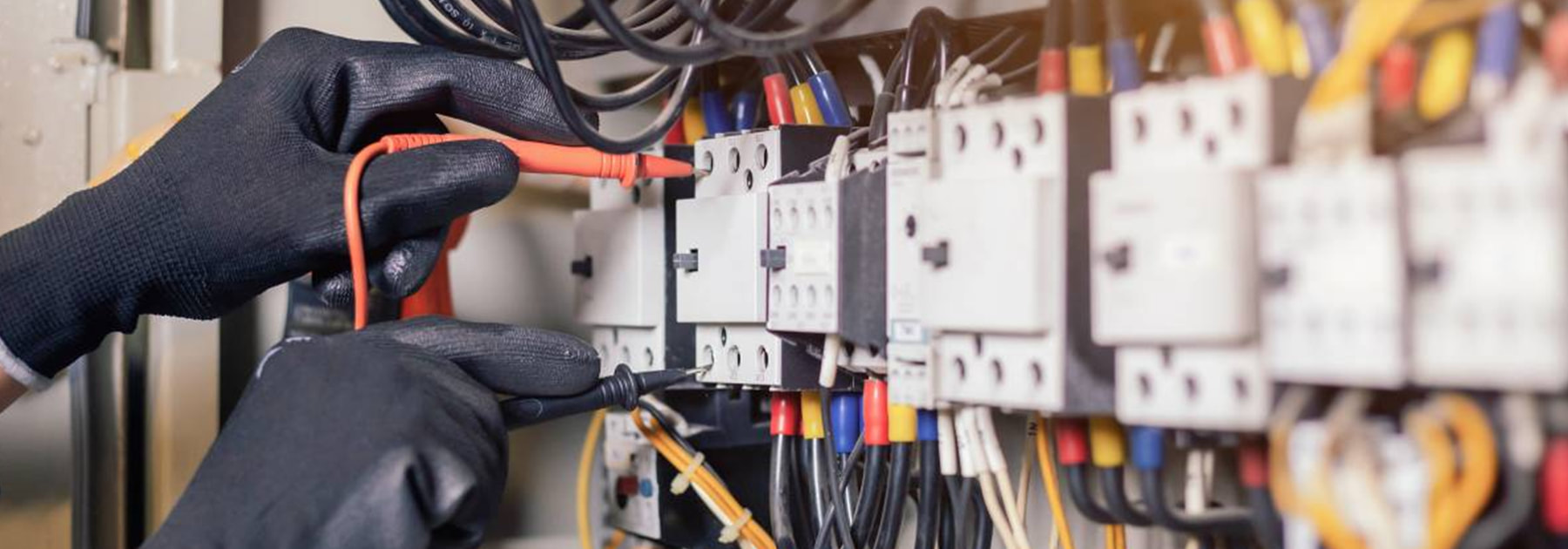
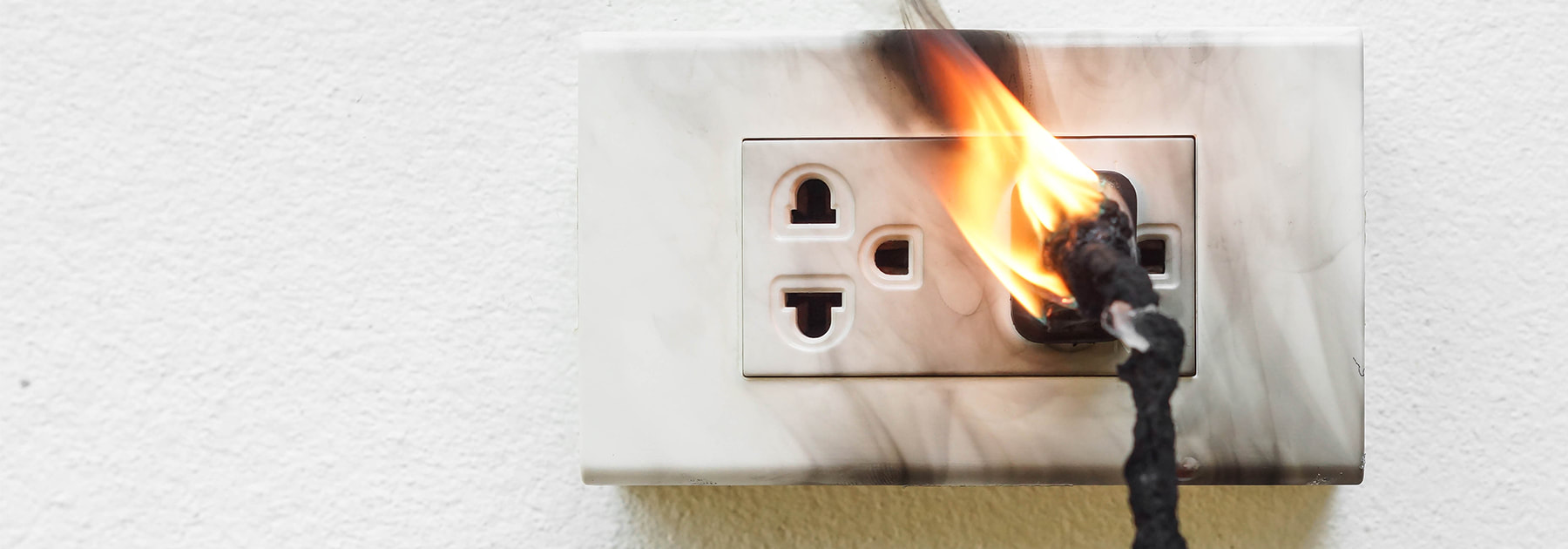
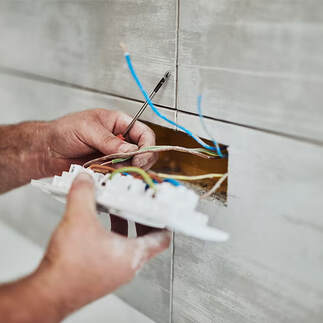
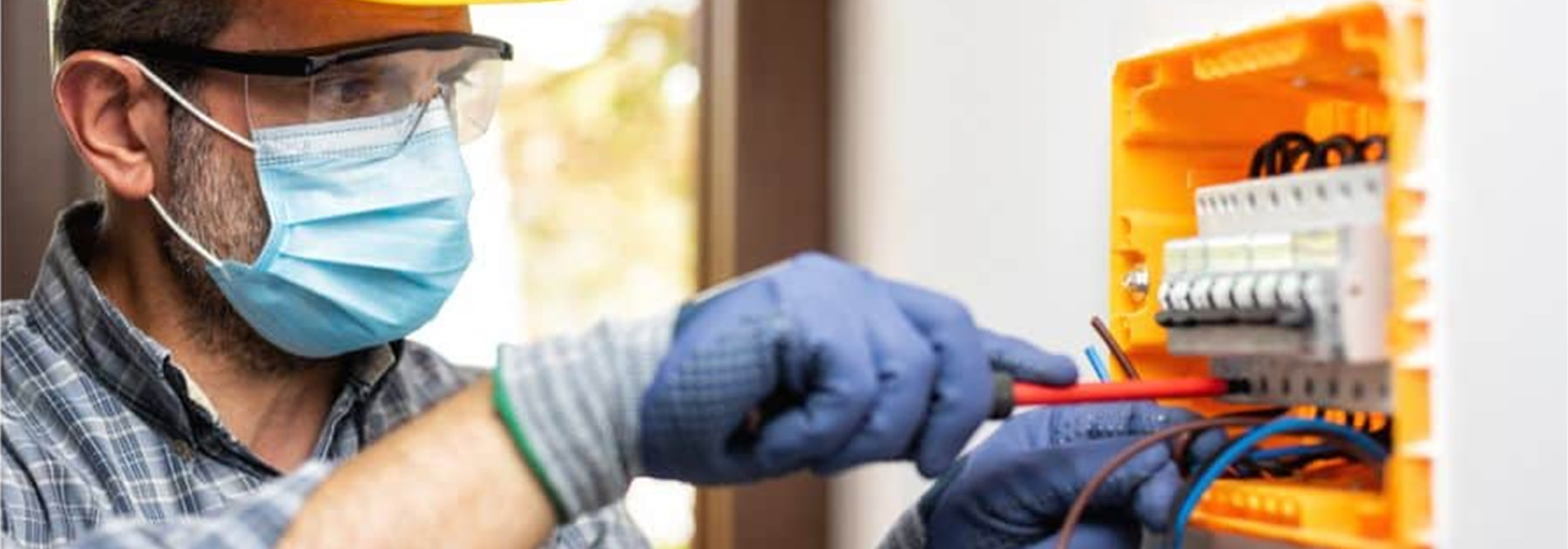
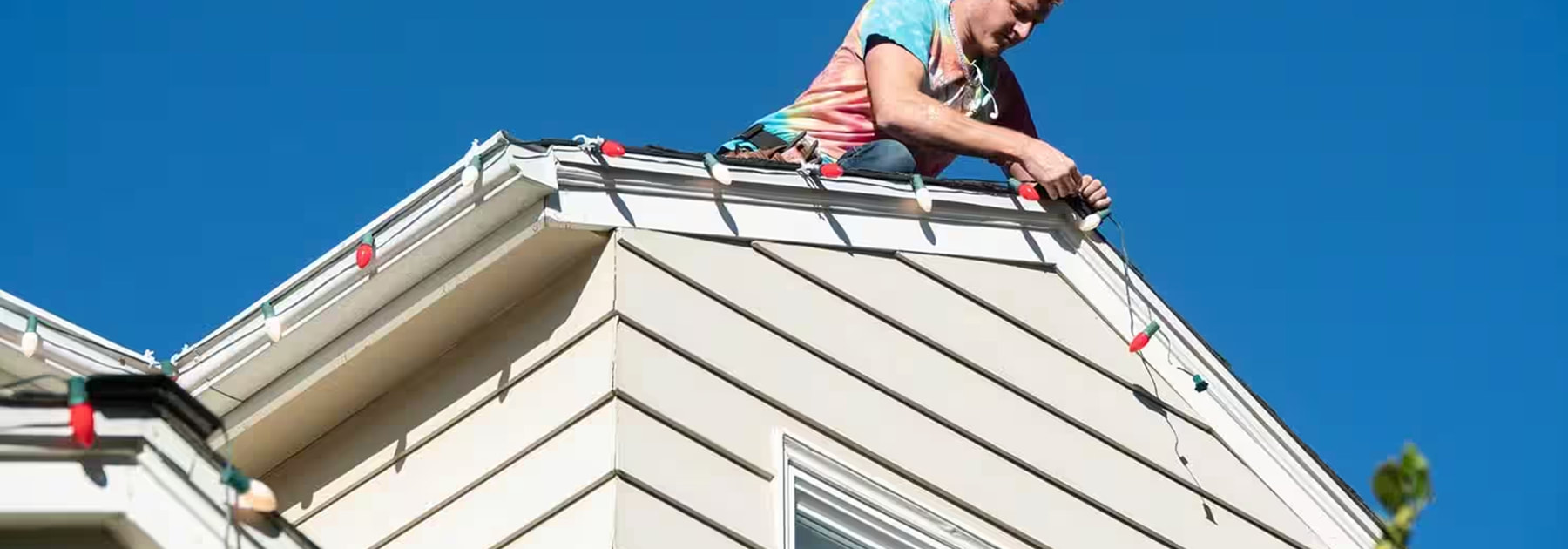
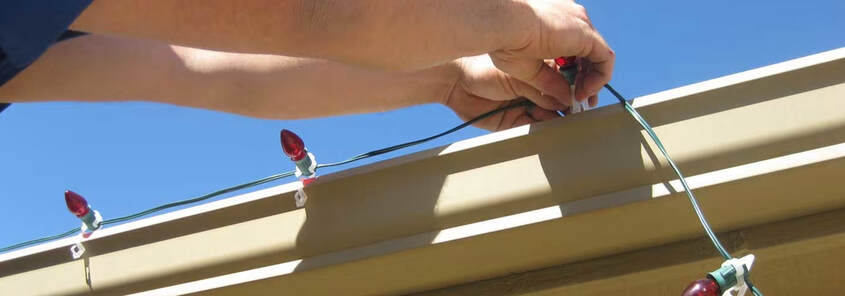
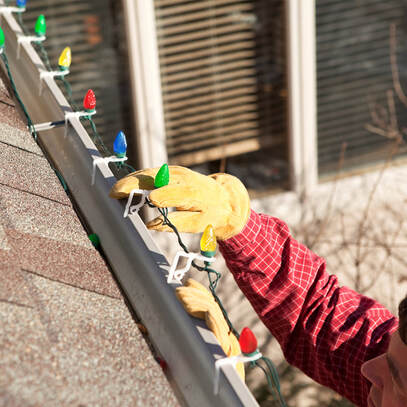
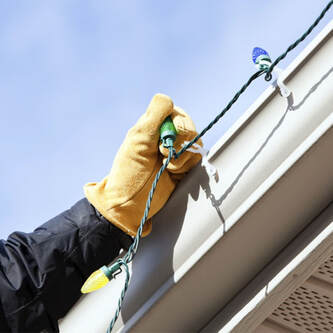
 RSS Feed
RSS Feed
